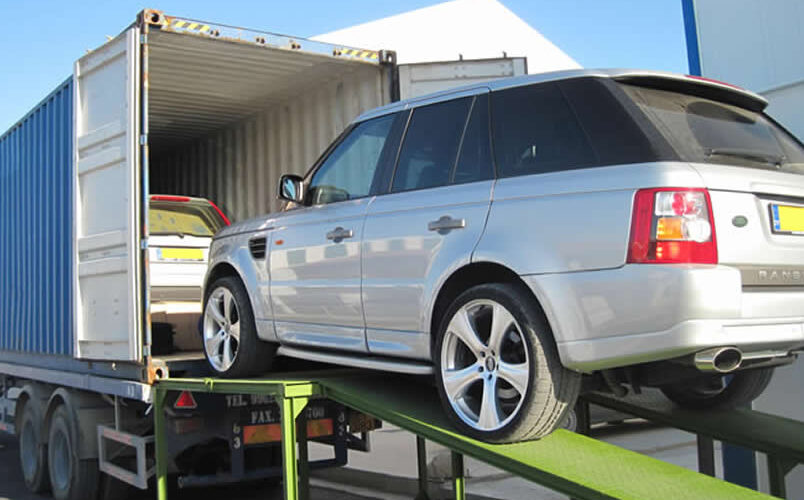Nigeria imports over ₦450B worth of vehicles annually, but high duties and customs hurdles drain profits. At Bolbulk Cargo, we’ve cleared 1,000+ vehicles from Europe, helping clients save up to 35% on costs. Here’s your roadmap to compliant, cost-effective vehicle imports.
Step 1: Choose the Right VehicleAge Limits:
- Cars: ≤15 years old.
- Commercial Vehicles: No age restrictions.
- Prohibited Models: Used ambulances, armored vehicles.
Step 2: Calculate Total Landed Cost
Duty Structure:
Cars: 20% duty + 20% VAT + 2% NAC levy.
Trucks/Buses: 10% duty + 5% VAT.
Example: A 2020 Toyota Camry (€15,000) incurs ₦7.2M in total fees.
Tool: Use our Duty Calculator for precise estimates.
Step 3: Secure Required Documents
Mandatory Papers:
Original Bill of Lading.
Certificate of Ownership.
Pre-Shipment Inspection Report (from Cotecna or SGS).
NAFDAC Approval: For ambulances or vehicles carrying chemicals.
Step 4: Optimize Shipping Method
RoRo (Roll-on/Roll-off):
Pros: Cheaper (₦800k–₦1.2M per vehicle).
Cons: Exposure to saltwater corrosion.
Container Shipping:
Pros: Safer for luxury cars.
Cons: 25% costlier than RoRo.
Case Study: A client saved ₦3.6M shipping 5 trucks via RoRo instead of containers.
Step 5: Clear Customs Efficiently
Avoid Delays:
Submit documents 7 days pre-arrival.
Use our licensed brokers for Apapa/Onne ports.
Penalty Alert: Undervaluation triggers 100% fines under CEMA.
FAQs
Q: Can I import electric vehicles duty-free?
A: No—EVs still attract 10% duty, but VAT is waived.
Q: How long does shipping take?
A: 3–4 weeks from Germany to Lagos via RoRo.
Ship Smart, Save More!
Get a Free Vehicle Shipping Quote

